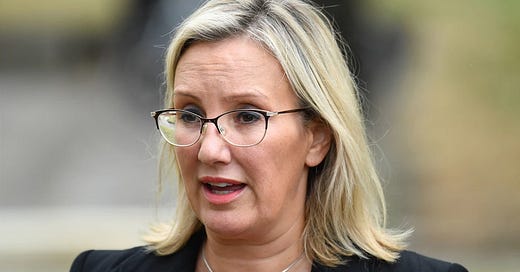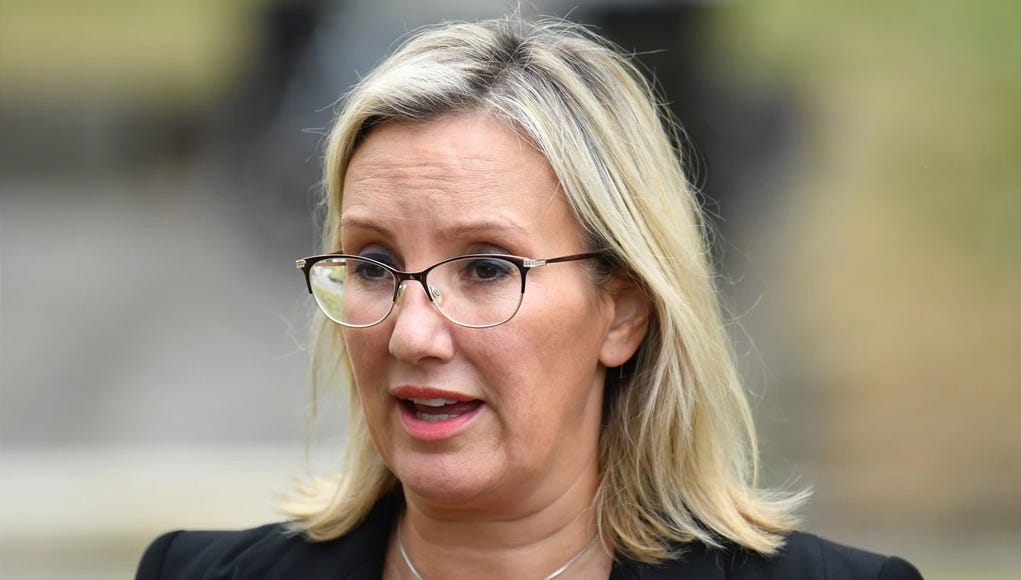Cancel Culture – Could you be next?
Efforts to damage reputations and careers
Cancel culture is an online phenomenon involving a collective shared public response, with the intention of holding individuals or entities accountable for perceived offenses. Frequently involving public shaming, it can manifest as boycotts, calls for de-platforming, or efforts to damage reputations and careers. Exacting consequences on an individual’s reputation and livelihood, it replaces a rule of law approach governing the conduct of individuals in society
Anyone can become a target just by being part of the online community and offending someone, although the real intention behind cancel culture is to silence those who do not conform to a particular narrative or have differing and unacceptable views.
Cancel culture bypasses due process, denying individuals the opportunity for a fair defence
Without a formal process, individuals find themselves unable to address or counter accusations, contrary to the principles of due process that provide the right to a fair hearing and the chance to present a defence.
A recent example of this was the case of Russell Brand, an alternative media personality known for promoting free speech on YouTube and Rumble. Brand has consistently spoken out against big pharma, censorship, Covid tyranny and vaccine mandates and government and legacy media corruption. Brand has been labelled a right-wing extremist and conspiracy theorist but when these labels did not deter him nor his audience of almost 7 million viewers, he became himself the target of cancel culture.
Brand was accused by way of a British television documentary in which women anonymously accused him of historical sexual abuse allegations. Brand vehemently denied the allegations, had not been questioned by police or charged with any of the alleged crimes.
Brand was estimated to earn a million British pounds just from YouTube. Nonetheless, YouTube swiftly demonetised him.
Caroline Dinenage, a British MP, wrote to Rumble’s CEO asking whether Rumble intended to join YouTube in suspending Brand’s ability to earn money on the platform.
In a public statement posted on X, Rumble called the letter disturbing and said Dinenage’s demands were deeply inappropriate and dangerous. The Platform added that it was devoted to an internet where nobody arbitrarily dictates which ideas can or cannot be heard or which citizens may or may not be entitled to a platform. It added that while it may be politically and socially easier for Rumble to join a cancel culture mob, doing so would be a violation of the company’s values and mission. Rumble also stated that it was even more disturbing singling out an individual and demanding his ban given the absence of any connection between the allegations and his content on Rumble.
Despite this win against the cancel culture mob, months later, Brand remains demonetised on YouTube although YouTube continues to make money from his content. He still has not been charged with any offence and the mob has moved on.
Legal Certainty
While the rule of law upholds the principle that laws should be clear, predictable, and consistently applied, with cancel culture, individuals may face consequences for conduct they could not predict would lead to severe backlash, from liking a post to expressing an opinion deemed offensive.
Lack of Due Process
The rule of law ensures individuals have a fair chance to defend themselves in a structured and systematic manner. Cancel culture bypasses due process, denying individuals the opportunity for a fair defence and subjecting them to arbitrary judgments by an angry online mob.
Privilege Against Self-Incrimination
The rule of law affords individuals the right not to comment during an investigation or testify during trial to prevent self-incrimination while cancel culture demands public apologies, placing individuals in a lose-lose situation. Silence is assumed guilt, while an apology is a self-incriminating admission of guilt.
real intention behind cancel culture is to silence those who do not conform to mainstream narratives
Procedural Fairness and Due Process
The rule of law ensures individuals have the right to legal representation, procedural fairness, and equal application of the law. Whereas cancel culture is applied inconsistently, with different consequences for similar conduct based on ideological or political affiliations.
Proportionate Punishments
The rule of law prescribes clear guidelines for penalties based on established legal principles. Unlike cancel culture which imposes disproportionate punishments such as de-platforming, job loss, and public humiliation without adherence to legal principles.
Legal Accountability of Law Enforcement Officials
The rule of law imposes accountability on law enforcement officials for their actions. Cancel culture lacks accountability, enabling online mobs to cause irreparable harm without consequences.
Cancel culture has flourished in a climate of political demagoguery, where appeals to emotions, prejudices, and fear shape public narratives. Governments and activists manipulate public sentiment to justify silencing dissent and punishing those with differing views.
The clash between cancel culture and the rule of law highlights the need for a nuanced and reasoned approach to free speech, dissent, and accountability. In a democratic society, the principles of due process, legal accountability, and equality under the law should always prevail over arbitrary and emotional judgments.
The post Cancel Culture – Could you be next? appeared first on Liberty Itch.





